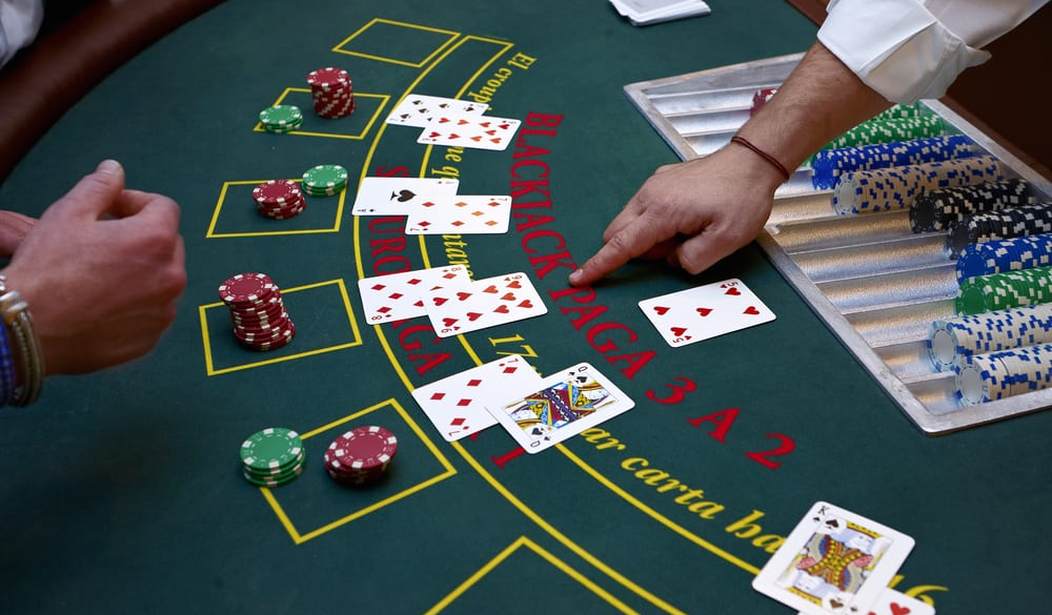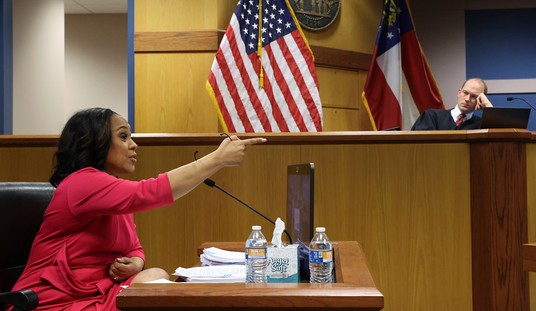Former Sen. Joe Lieberman “is on board,” Connecticut’s Schaghticoke Tribal Nation Chief Richard Velky said in March as the tribe promised a legal challenge to a proposal from two other tribes to build a third casino in the state.
The STN, which is portraying itself as the David fighting Goliath, has found an uber-Goliath to bring to its side, MGM Resorts. But if the Schaghticoke Tribal Nation is victorious, it would wind up competing against MGM.
Hundreds of millions of dollars and thousands of jobs are at stake as new casinos are proposed and are being built across the border from Connecticut in Massachusetts, and Rhode Island voters will be asked in November if their state needs a new casino if only to compete with the rest of New England.
Connecticut
Lieberman and the Schaghticoke Tribal Nation filed suit against the state of Connecticut March 7 to block two other Native American tribes — the Mashantucket Pequot Tribal Nation and the Mohegan Tribe of Indians — from being given the exclusive right to build the state’s first commercial casino on non-tribal land under Special Act 15-7.
Lieberman’s legal team argued in the suit that Special Act 15-7 violates both the U.S. and Connecticut constitutions.
“The State has a long history of discriminating against the Schaghticoke Tribal Nation,” Velky said in a statement. “The Schaghticoke Tribal Nation should have the same right to pursue this economic opportunity as anyone else.”
Velky said his tribe would work with MGM Resorts International, which has also filed suit against Special Act 15-7. Both suits are before the U.S. District Court for the District of Connecticut in Hartford.
Massachusetts
MGM Resorts is playing both sides of the border. The corporation wants to build a $667 million casino/resort complex across the Connecticut state line in Massachusetts.
The Mohegan and Mashantucket Pequot tribes are waving the specter of that Massachusetts
MGM casino/resort —which they say could result in 9,000 jobs lost in Connecticut and over $100 million in vanishing state tax revenue — if Connecticut doesn’t quickly open a third casino, as they try to persuade the state Legislature to stand by them.
So far, the strategy is working. A proposal for a study of what a third casino would mean to the state was rejected by a legislative committee in March. That cleared the way for state and local officials to begin reviewing site proposals for the Mohegan and Mashantucket Pequot tribes’ casino complex.
Alan Feldman, an MGM executive vice president, told WWLP-TV the Connecticut Commerce Committee’s decision was a “disappointment.”
“The fact remains that there are significant unanswered questions and unknown ramifications associated with considering whether to establish commercial casinos in Connecticut,” Feldman said in a statement. “We continue to believe that having the state commission a comprehensive, objective analysis – something that’s never been done around the issue of casino gaming – is the best way forward for the state and its taxpayers.”
While Connecticut legislators, and soon judges, decide how, when and if a third casino will be constructed in the state, MGM is set to begin construction on what is looking to be a $900 million project just across the state line in Springfield, Mass.
Springfield City Council President Michael Fenton told the AP MGM’s involvement in the casino tribal wars in Connecticut is “worrying.”
“I have no issues with MGM trying to stop the expansion of Connecticut gaming,” Fenton said. “But if they’re teaming up with another tribe to compete with the Springfield casino, I have a real big problem with that.”
As improbable as it seems to be able to dwarf MGM’s $900 million blueprints, Wynn Resorts, has done it by unveiling a $2 billion casino, hotel and entertainment complex plan in the Boston area.
Relatively small by comparison but a player in the New England casino wars just the same, the Mashpee Wampanoag tribe wants to build the $500 million First Light Casino & Resort complex about 30 miles outside of Boston.
Rhode Island
With all of that money being thrown around in Massachusetts and Connecticut, can Rhode Island be blamed for worrying about protecting its turf in the New England casino wars?
Gov. Gina Raimondo (D) signed legislation in February to ask Rhode Island voters if they want a third casino built in their state. The new casino would be constructed in Tiverton, R.I., not far from the Massachusetts-Rhode Island border.
Casino gambling is already Rhode Island’s third largest stream of state tax revenue. A year ago, Gov. Raimondo pointed out that the new casinos in Massachusetts and Connecticut should be seen as a “real threat to an important source of revenue.”
“This is especially true since we have a $190 million budget shortfall this year; we are under-investing in critical areas like workforce development, business attraction, and infrastructure,” she said, “and anticipated gaming competition could worsen our budget challenges in the years ahead.”
New Jersey
Not to be outdone by these relative newcomers to the world of state-sanctioned casino gambling, the New Jersey Legislature is asking voters in November if legal gaming should be expanded outside Atlantic City into North Jersey.
Of course, it is Atlantic City, where four of twelve casino-hotels closed in 2014, which should remind politicians and voters that gambling is never a sure thing. That’s why it’s called gambling.









Join the conversation as a VIP Member